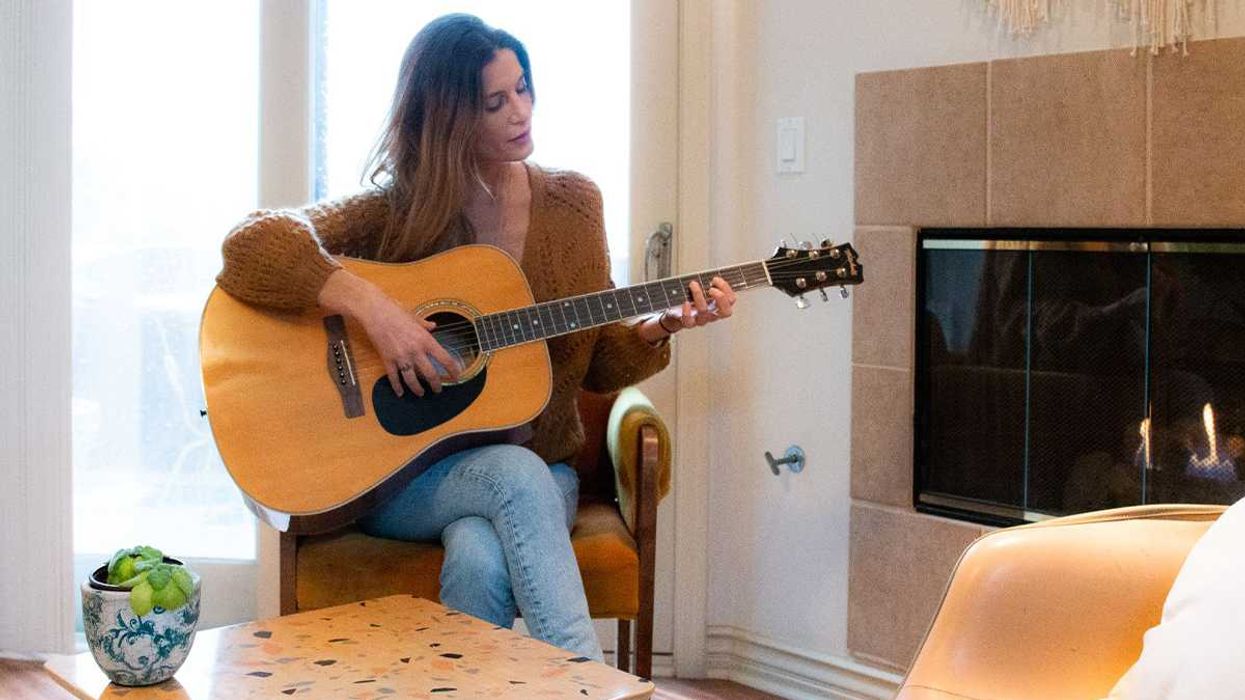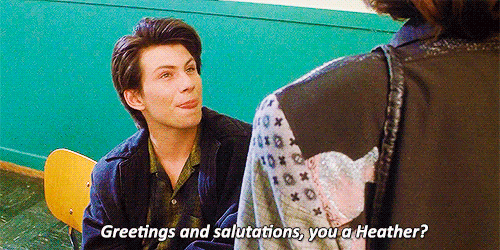Every five years, Congress is tasked with reauthorizing the Higher Education Act of 1965. The last authorization was in 2013, so the U.S. House of Representatives just released a new bill to overhaul the act for next year.
While the proposed bill would create a much-needed modernization of the FAFSA application process, it also bears the mark of Trump’s right-wing social agenda by banning free speech zones and denying federal funding to campuses that refuse to recognize religious groups.
The bill could also strip Title III and Title V federal funding from minority-serving higher education institutions, including historically black colleges and Hispanic-serving schools.
The bill does so by demanding that these institutions graduate or transfer at least 25% of their students. According to data provided by the Chronicle for Higher Education, there are currently 61 institutions in danger of losing their Title III or Title V funding because their graduation and transfer rates hover around 30%.
Denying funding to HCBUs would be a massive step back for low-income black students. Studies show that black students who receive Pell Grants and enroll in HCBUs have a higher graduation rate (37.8%) compared to non-HBCUs (32%).
Although there are distinct advantages to attending HBCUs, there’s a large graduation rate disparity across different campuses. For example, the graduation rate for black students at North Carolina Central (47.6%) is much higher than the graduation rate for black students at Alabama State (26.0%).
“Institutions can brag about their graduation rates, but I want to look at how many Pell Grant-eligible students you have, how many are receiving the maximum amount of financial aid, how many come from public schools in urban areas or rural areas that don’t receive any attention?” Marybeth Gasman, director of the Penn Center for Minority Serving Institutions, told NPR.
“But the real challenge, the real work is done when you’re going after low-income students and trying to bring them to a new level. And more than likely you’re bringing their families out of poverty, which is typically what will happen. You see this a lot among African-Americans and Latinos. You’re really changing families’ lives.”
Holding universities accountable for their graduation rates is important. But this reauthorization would be more effective at implementing the original goals of the Higher Education Act of 1965 by focusing on the unique educational issues faced by people of color rather than cutting off funding to their institutions.
On a positive note, this bill is not in its final form and will face changes in both the House and the Senate before passage. Sen. Lamar Alexander and Sen. Patty Murray are approaching a bipartisan proposal that could water down or eliminate many of its original regressive proposals.



















 Woman drinking in the morning air.Photo credit
Woman drinking in the morning air.Photo credit  Coffee.Photo credit
Coffee.Photo credit  A cup of tea.Photo credit
A cup of tea.Photo credit  Woman drinks morning brew.Photo credit
Woman drinks morning brew.Photo credit 

 Two young women hang out in a 1980s-themed roomCanva
Two young women hang out in a 1980s-themed roomCanva  Gif from the movie "Heathers" via
Gif from the movie "Heathers" via 

 Pictured: A healthy practice?
Pictured: A healthy practice?